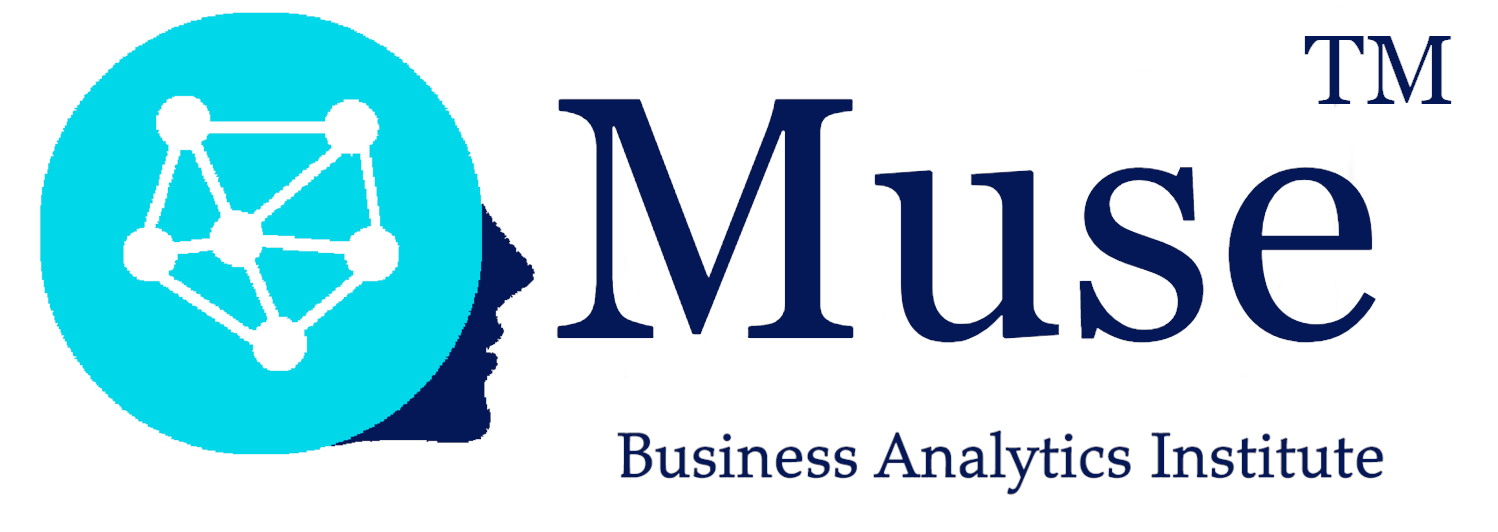Are we ready to be judged by a robot?
Source: CScience
In an article published by CScience (Quebec online media), Patricia Gautrin (AI ethics journalist researcher at MILA) discusses the various possibilities for automating the justice system.
This automation of justice begins with the digitisation of files. From this database, artificial intelligence (AI) is used for predictive justice or in cases of remission requests.
According to a 2016 McKinsey study (updated to 2023), AI can automate about 23% of the tasks lawyers perform.
On the other hand, AI brings its share of benefits and time savings for lawyers and judges. AI also brings its share of disadvantages, such as the lack of transparency in the algorithms and their results, with a risk of bias in general.
Another disadvantage is the human relationship between judge, lawyer and defendant. Unlike a lawyer or a judge, an AI is not able to decipher a defendant's emotions.

